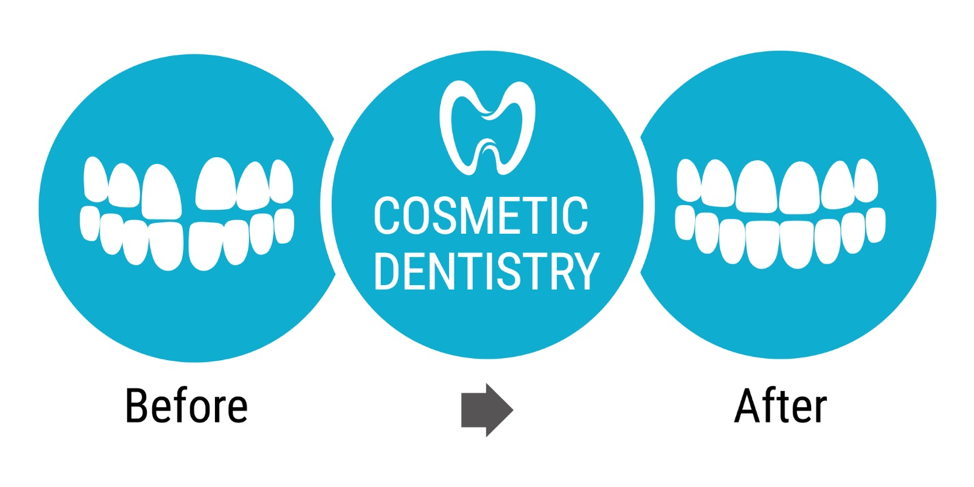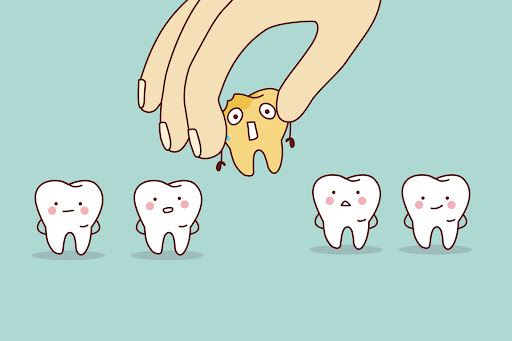
3 of the Quickest Ways to Improve Your Smile
July 16, 2021
How to Overcome Dental Anxiety
August 6, 2021Place your index fingers in front of each ear and open your mouth. Do you feel the joints moving? Those are your temporomandibular joints. They connect your jawbone to your skull. For many people, these joints never pose any problems. They glide seamlessly, helping them chew, speak, and laugh with no issue. For others, these joints can be a major source of pain and irritation.
When the TMJ doesn’t work properly, a person may experience a popping or clicking sound when opening and closing their mouth, pain while chewing, aching in and around the ear, or locking of the joint. Many times, these symptoms come and go periodically. Persistent pain or discomfort requires TMJ treatment from an experienced dentist.
The 5 most common and effective treatments for TMJ disorder include:
1. A Custom Mouthguard
Teeth grinding and jaw clenching during sleep are two major causes of TMJ disorder. To protect the teeth, joints, and muscles a dentist may recommend a custom mouthguard or nightguard. These fit comfortably over the teeth and push the jaw into a forward, relaxed position to alleviate pressure. Patients should notice reduced pain and inflammation when they wear the mouthguard consistently.
In addition to a nightguard, dentists may recommend an oral athletic guard to patients who play sports regularly. This is a preventive measure against dental damage and jaw injury that could provoke TMJ disorder.
2. Dental Orthotics
When TMJ disorder is caused by a bite disorder, a custom orthotic appliance may be recommended. This device gradually moves the jaw into proper alignment with the muscles and skeletal systems in the head, neck, shoulders, and back. The acrylic, tooth-colored device must be worn 24 hours per day.
3. Full Mouth Reconstruction
Misaligned, missing, and damaged teeth can all put more pressure on the jaw joints, causing TMJ disorder. Correcting these issues through restorative and cosmetic treatments can alleviate the pressure on the jaw. An experienced dentist can work with you to create an effective treatment plan that restores any damaged teeth, corrects misalignment, and replaces missing teeth.
The full mouth reconstruction process can be extensive, but it is always worth it!
4. TENS Therapy
Though it won’t correct structural problems in the jaw, TENS therapy could relieve the stress and tension in your jaw and reduce your TMJ pain. TENS stands for “transcutaneous electronic nerve stimulation.
It works by attaching adhesive electrode patches to the area, then releasing low-voltage electoral currents. This blocks the nerves in the jaw and stops it from sending pain sensations to the brain. The TENS unit also promotes the production of endorphins. These two factors help the jaw to relax and reduce the pain associated with TMJ disorder.
People who suffer from TMJ pain often can buy a TENS unit for at-home use.
5. Orthodontics
Traditional metal braces, ceramic braces, and Invisalign® clear aligners can correct dental misalignment that attributes to TMJ disorder. Orthodontic treatment may be used in conjunction with other treatments to help relieve pain during treatment.
TMJ Treatment in Grant Park
Don’t let TMJ pain stifle your happiness and ability to enjoy life. Dr. Abbey J. Lee at Smile 4 Grant Park can determine the underlying cause of your TMJ disorder and offer the most effective treatment or combination of treatments.
Call our office today at (404) 328-7177 to schedule your initial consultation.


